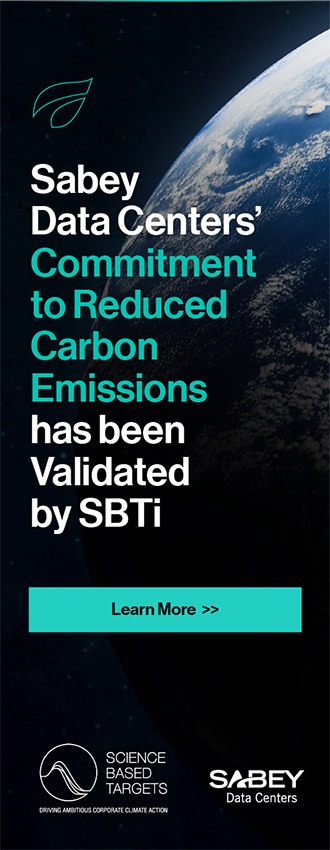When the Internet Protocol version 4, better known as IPv4, emerged in 1981, even its creators couldn’t have predicted it would ever be compared to such traditional commodities as stocks or gold. However, it’s undeniable that IPv4 addresses are becoming more and more desirable. Let’s look at how IPv4 became a commodity and if IPv4 will retain this status in the future.
How IPv4 addresses compare to other commodities
When IPv4 came to life in the early 80s, few people had Internet-connected devices. However, it became quickly evident that this Internet Protocol version could not support the entire Internet forever due to the limited pool of available IP addresses. 4.29 billion, to be exact.
The second functional version of the Internet Protocol—IPv6—emerged in 1995 with 340 undecillion of IPs. Its creators believed it would replace IPv4 sooner rather than later. Today, IPv4 continues to be the backbone of the Internet. Why? IPv6 adoption is not going according to plan, and we cannot yet live without IPv4. Essentially, sheer scarcity consolidated the IPv4 commodity status.
Comparing IP addresses to other types of commodities can be difficult. The common denominator is that, in most cases, commodities emerge as the demand exceeds the available supply. But what influences an excessive demand?
The markets of traditional commodities are often influenced by political conflicts, inflation and deflation, new policies, technological advancements and even natural disasters. This is why investing in such commodities has always been risky and somewhat unpredictable.
If we compare stocks to IPv4 addresses, it’s clear that both are driven by the supply and demand rule. If the supply is low and the demand is high, the prices go up. On the other hand, political disruptions or natural disasters are unlikely to impact the IP address market.
As for the gold market, it must be noted that we’ve run out of IPv4 addresses, but we continue to mine gold. Even so, today’s mining is getting costlier by the year, and, as a result, less gold is extracted at a much higher cost. As both gold and IPv4 addresses are increasingly more challenging to get, the prices of both are likely to continue going up. Cryptocurrency is another desirable commodity that is, perhaps, most similar to IPv4. It’s intangible. It’s new. It’s exciting. Nonetheless, whereas everyone on the Internet needs IPv4 addresses, cryptocurrency does not constitute a necessity. Moreover, crypto is illegal in some countries, and the market suffers extreme price volatility, which creates instability.



